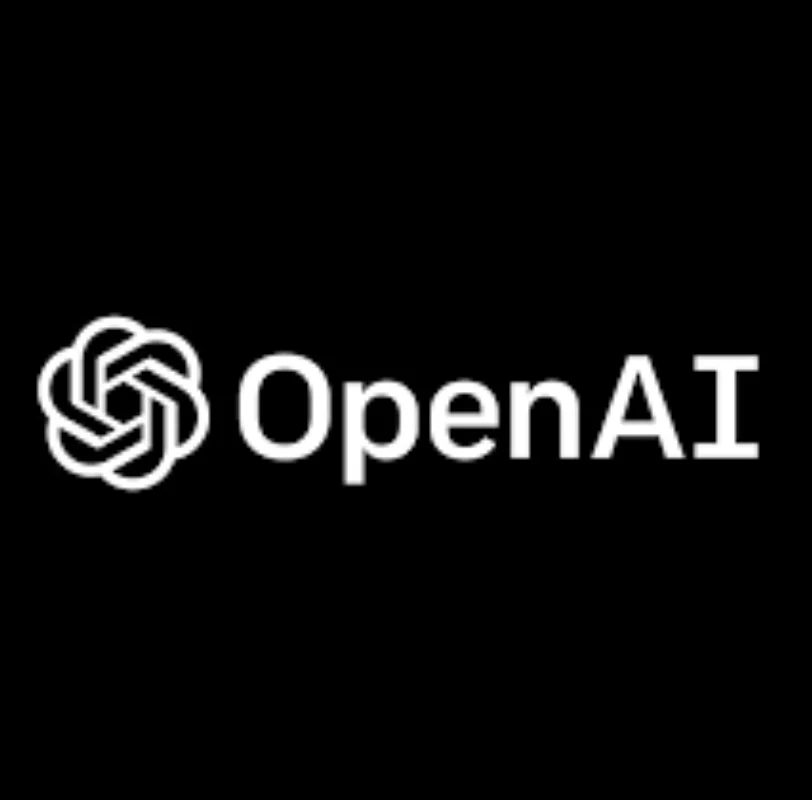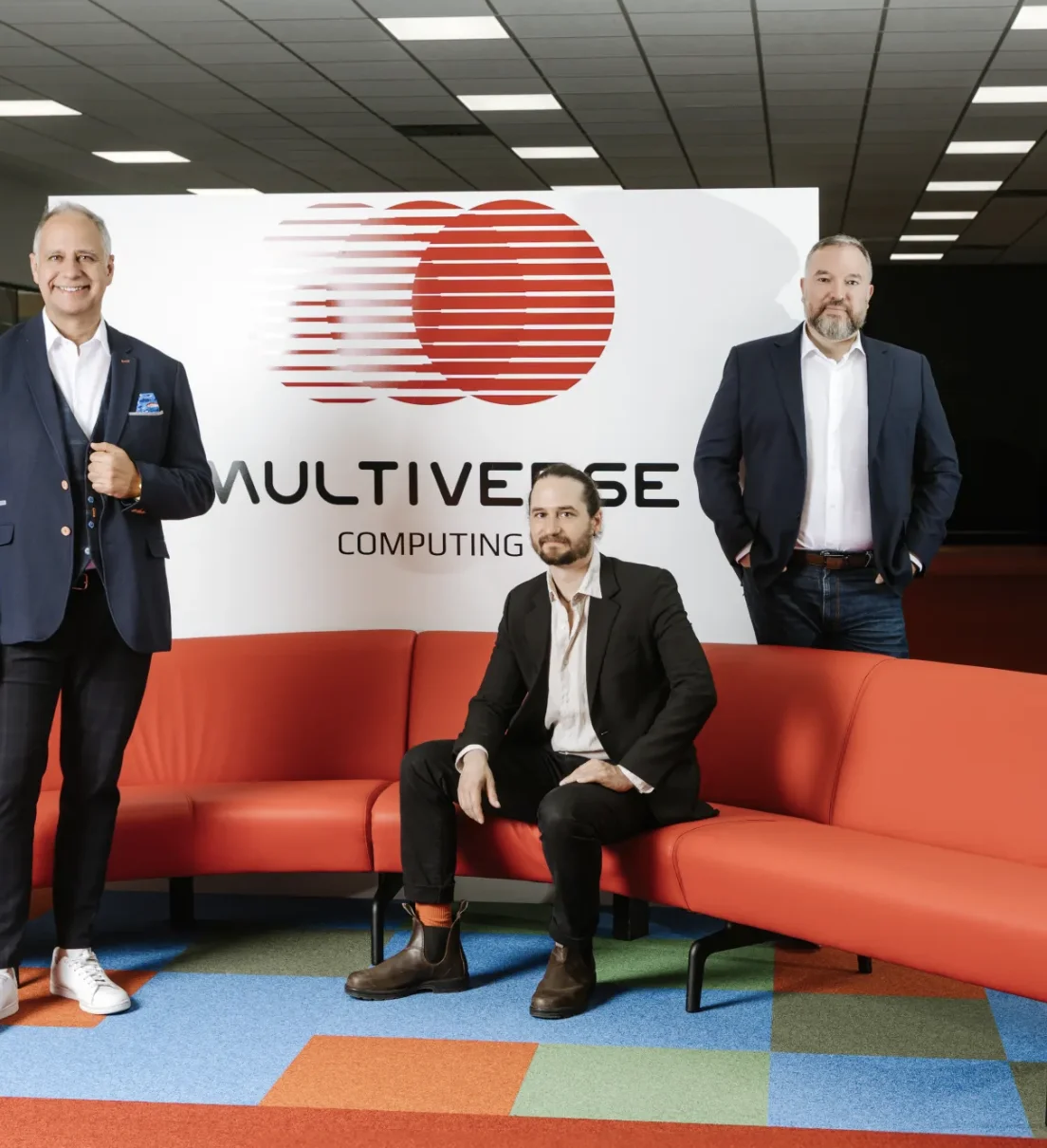Insider Brief
- Pharos, a hospital quality reporting platform founded by clinicians and AI researchers, secured an oversubscribed $5M seed round led by Felicis to expand its engineering team, enhancing clinical quality metrics tracking for hospitals.
- Using AI, Pharos automates manual data extraction from medical records, allowing hospitals to access real-time data on safety and process metrics like sepsis mortality and infections, which traditionally required thousands of hours of manual work.
- With experience deploying AI in over 70 hospitals, Pharos’ team aims to reduce patient harm by enabling quality teams to quickly identify and resolve process failures, supporting hospitals in proactive patient safety efforts.
PRESS RELEASE — Hospital quality reporting platform Pharos announced today the close of its oversubscribed $5M seed round led by Felicis with participation from General Catalyst, Moxxie and Y Combinator. Pharos will use the funds to grow its engineering team, allowing customers to report to new clinical quality registries and measure a wider range of process metrics.
Founded in 2024 by a team of clinicians and AI researchers, Pharos automates clinical quality reporting for hospitals, enabling submission to state and national quality registries without manual abstraction.
Additionally, by enabling automatic extraction of custom process metrics, Pharos helps quality teams identify the process failures that are contributing to patient harm, enabling action on issues like sepsis mortality, hospital-acquired infections, and pressure ulcers.
“Today, hospitals spend thousands of hours manually abstracting metrics from unstructured medical records to fulfill registry reporting requirements and understand patient safety events,” said Felix Brann, CEO and co-founder of Pharos. “This manual work is expensive, pulls clinical staff away from the front-line, and means that hospital teams get data long after patients are discharged. Pharos automates abstraction for quality reporting, letting hospitals report to new registries and track metrics that matter to them without adding to clinical reviewer backlogs. We give teams data in real-time, letting them take action on process gaps before they turn into patient harm.”
Brann was previously VP of Data Science at Vital. At Vital, he and Matthew Jones, CTO and co-founder, deployed live predictive AI into over 70 hospitals, integrating with every major electronic health record vendor. While trialing a sepsis model, they recognized the value AI could provide to hospital quality teams. Brann was previously VP of Quantitative Research at JP Morgan. He has published papers in major medical journals on sepsis prediction and medical record summarization using LLMs. Jones worked on the Orion Health EHR and grew M2X from inception to international expansion.
The team is also joined by Dr. Alex Clarke, Head of Research, an MD with a PhD in Artificial Intelligence from Imperial College London. He worked as a medical AI researcher at Meta and experienced the time-consuming medical abstraction process firsthand during his time as a resident doctor.
“When we met the Pharos team and learned about their deep expertise in both healthcare and AI, we knew we had to work with them,” said Ryan Isono, Partner at Felicis. “The mundane areas of healthcare administration make up nearly $1 trillion in spend annually. Pharos uses AI to automate the manual process of hospital quality reporting, which is dramatically underinvested in and can have a huge impact on not just savings but patient safety, too. The platform automates manual data abstraction from medical records, enabling hospitals to identify and resolve process failures in real time. With their experience deploying AI in 70+ hospitals and publishing relevant research, we couldn’t imagine a better team to tackle this problem.”
Numerous studies have shown that access to data and adherence to processes can have significant impacts on patient safety. The American College of Surgeons estimates that 60% of current surgical site infections are preventable with good process, and the same is true for many other patient harm events. Pharos’ mission is to help hospitals prevent this harm before it happens.
You can learn more about the company and the technology at https://pharos.health/
Media Contact
Ellie Tippett, KCPR
ellie@kcpr.com
About Pharos
Pharos automates hospital quality reporting and helps staff identify the root causes of avoidable harm. Their AI automates chart abstraction for quality registries and process adherence measures, reducing staff burden and providing data instantly, rather than weeks after discharge.
You can’t improve what you can’t measure. Pharos enables quality teams to see where and why safety issues are happening in real time, enabling them to take action on issues like sepsis mortality, hospital acquired infections and pressure ulcers.
Pharos is a mission-driven team of clinicians and AI researchers from Meta, J.P. Morgan and Orion Health. They recently raised $5m in funding from Felicis, General Catalyst, Moxxie and Y Combinator to enable hospital quality teams with AI.
About Felicis
Founded in 2006, Felicis is a venture capital firm investing in companies reinventing core markets, as well as those creating frontier technologies. Felicis focuses on early-stage investments and currently manages over $3B in capital across 9 funds. The firm is an early backer of more than 45 companies valued at $1B+. More than 100 of its portfolio companies have been acquired or gone public, including Adyen (IPO), Credit Karma (acq by Intuit), Cruise (acq by General Motors), Fitbit (IPO), Guardant Health (IPO), Meraki (acq by Cisco), Ring (acq by Amazon), and Shopify (IPO). The firm is based in Menlo Park and San Francisco in California. Learn more at felicis.com.






